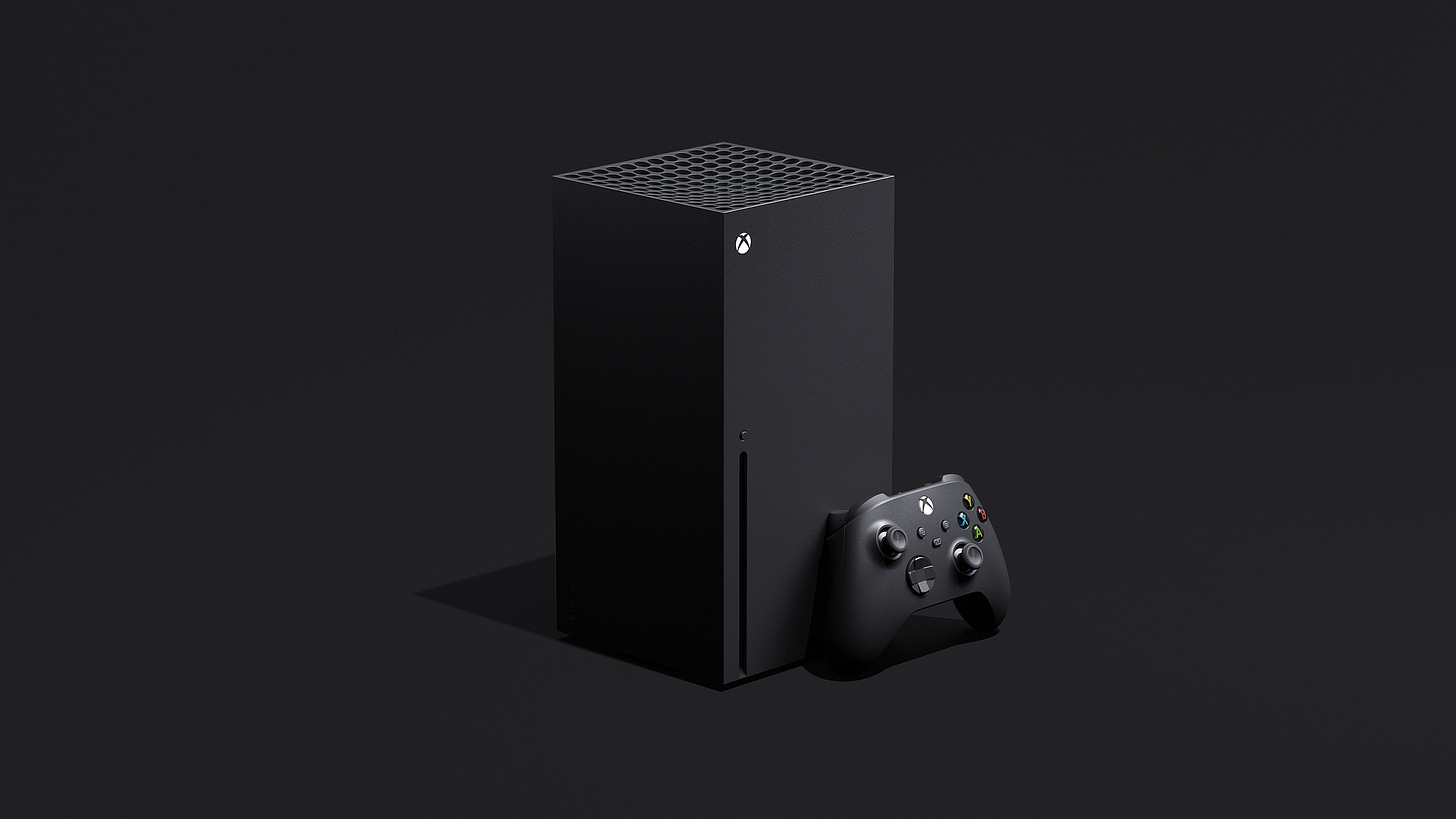An unprecedented tally: 8 game industry price hikes in 6 months
In video games (and elsewhere), 2025 has been an increasingly expensive year. It's impacted fans of Nintendo, PlayStation and Xbox

The defining video game phenomenon of 2025 is not the launch of the Switch 2, the manifestation of Silk Song nor the back-to-back releases of games with “33” in their title.
It’s the price hike.
Prices hikes have happened in the video game industry before. A game price increase here. A subscription increase there.
But never before have as many prices gone up in one year as we’ve seen in 2025–on game consoles, game accessories and gaming subscription services (games themselves almost went up, too).
The most recent price hike occurred yesterday, as Microsoft raised the price of its Xbox Game Pass Ultimate subscription service from $20/month to $30/month. That change arrives just over a month before the launch of Call of Duty: Black Ops 7, likely the biggest game slated to be offered via Ultimate (or for standalone $70+ purchase) this year.
Allow me a Game Pass detour to address that news…
First, some details about that Game Pass increase:
Ultimate, going from $20/month to $30/month, essentially got bundled with Ubisoft+ Classics, a line of dozens of older Ubisoft games that usually costs $8/month, and Fortnite Crew, a $12/month subscription that includes $9 of Fortnite v-bucks per month.
Microsoft slightly sweetened its middle and bottom Game Pass tiers, now called “Premium” ($15/month) and “Essential” ($10/month) by adding cloud gaming support.
The long-standing Game Pass selling point of getting access to new Xbox-published games on the day of release—instead of having to buy them at full price—remains true for Ultimate subscribers. But that perk will now cost $360 a year, if you want it and want to stay subscribed perpetually.
Microsoft clarified that mid-tier Premium users will get Xbox-published games within a year of release, but the company explicitly said Call of Duty games are excluded from that pledge.
Some takeaways…
It sure looks like Microsoft is carefully managing how Call of Duty intersects with Game Pass. A year ago, subscribing to Game Pass would have been a way to access Call of Duty for a massive discount. This year, anyone who subscribes to get the next CoD for less than the full $70 ownership price has to pay Microsoft at least $30 for a month of Ultimate. By their second month of Ultimate, they’ll have paid nearly the equivalent of full price. (Prior Ultimate pricing would have required Microsoft to retain a Game Pass subscriber for three months to accomplish the same thing).
Getting first-party game releases on day one is now very clearly a luxury-priced feature. Years ago, Game Pass was a steal for accessing new games. Not really anymore, given the annual cost for Ultimate of $360 is more than the cost of buying five big new games per year.
The new Ultimate pricing can break two ways.
1) Affluent users have shown they will pay luxury prices even during economic downturns (see the hot launch of this year’s $450 new Switch), so the $360/year price for getting day one releases as part of the subscription might not scare such users off.
2) Perhaps Microsoft is okay with people throwing their hands up at the price of getting day one releases in their Game Pass sub. The new pricing might drive more people toward the cheaper Premium, which only promises new non-CoD releases within a year of their release date. If people are sticker-shocked down to Premium, that could provide Microsoft a relatively dignified way to de-emphasize its promise of day-one releases for Game Pass—and instead steer people back toward paying full price for new games on Xbox and PC. (Remember, people are paying full price, in droves, for Microsoft-published games on PlayStation).Cloud gaming becoming a feature for all tiers of Game Pass instead of just a perk for Ultimate says plenty about how widely adopted that tech has been.
End of Game Pass detour!
So, yes, 2025 has seen a lot of price increases.
Since April, the three big game console makers, Nintendo, Sony and Microsoft, have issued eight of them, most affecting the U.S.
Here they are:
Keep reading with a 7-day free trial
Subscribe to Game File to keep reading this post and get 7 days of free access to the full post archives.


